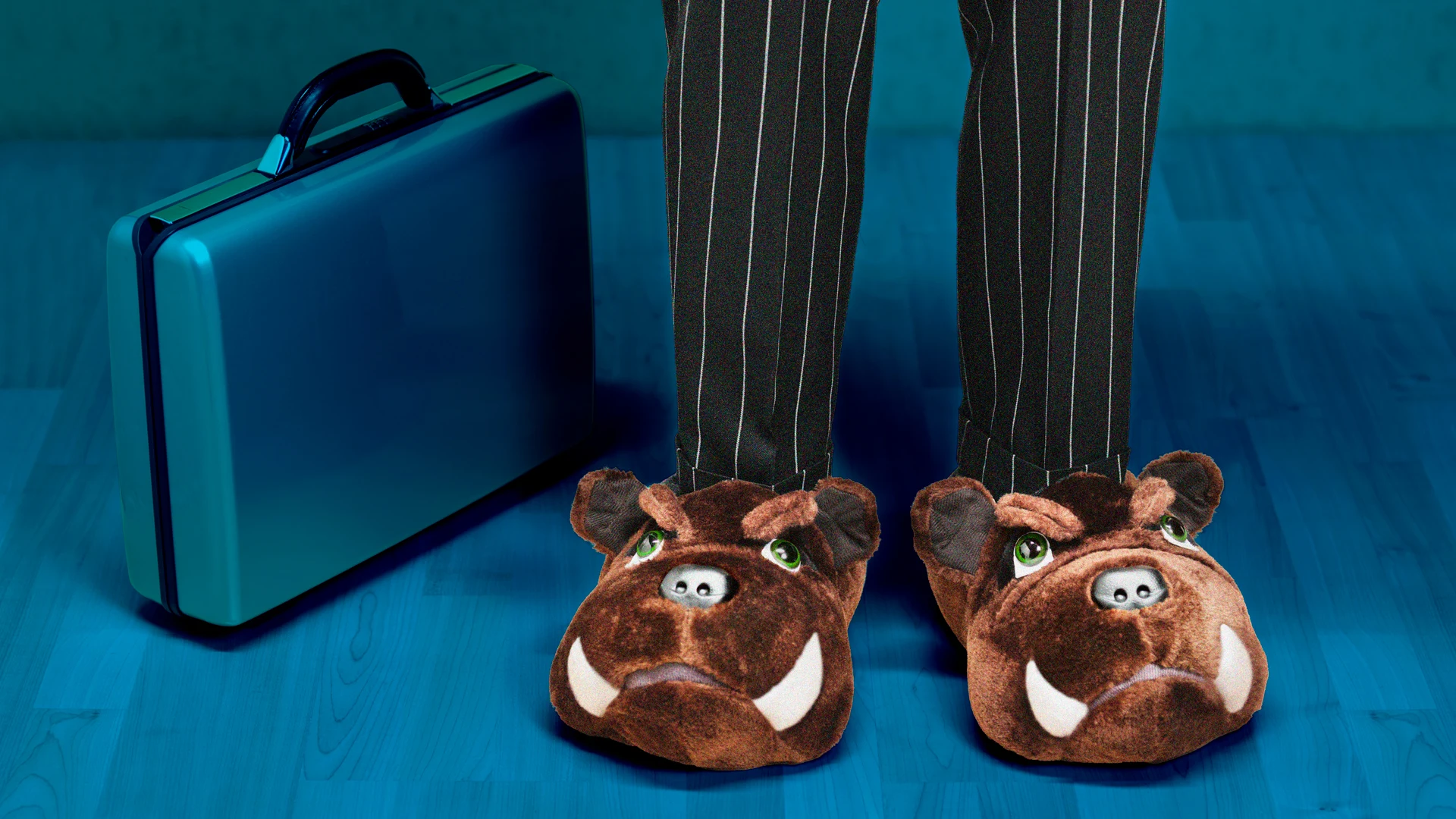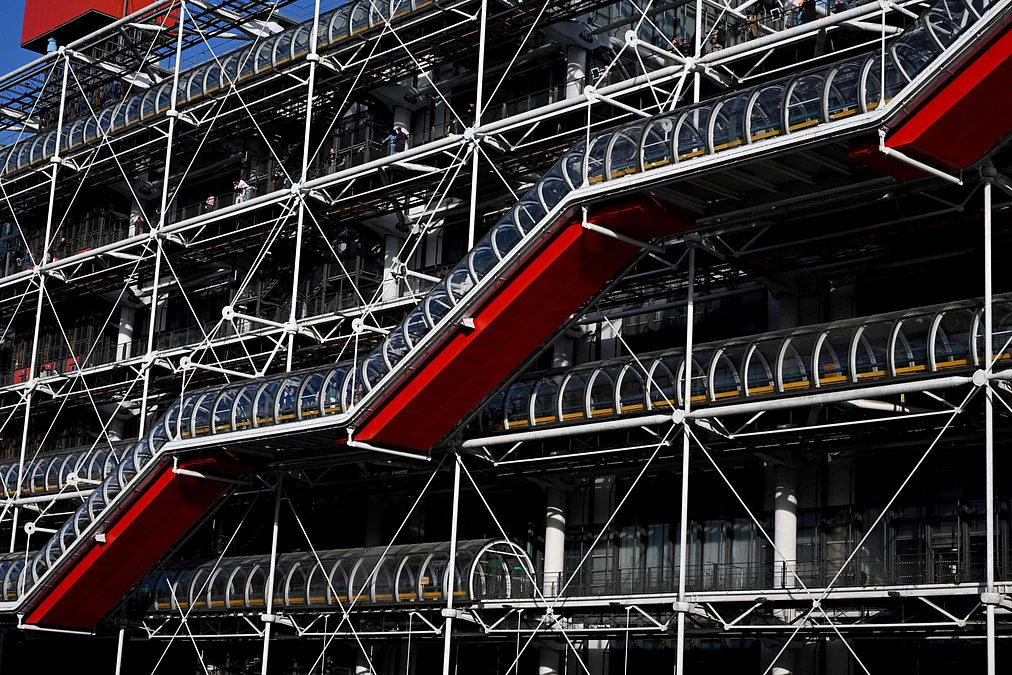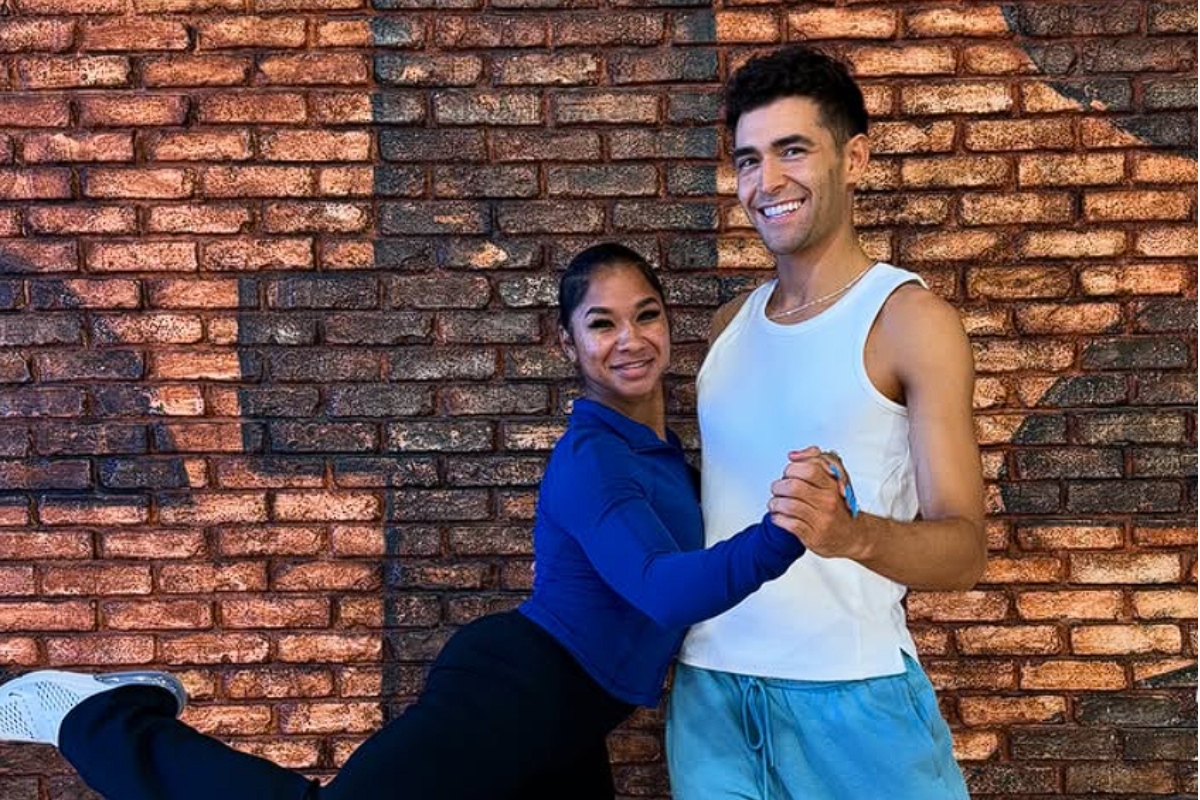
Some workplaces have strict shoe policies that align with their office wear rules, other places may be way more chill about you turning up on dress-down Fridays in your latest high-fashion kicks. But a report in Fortune suggests that a very different dress code quirk is now the hottest trend in Silicon Valley startups: going shoeless. To say this idea is polarizing is an understatement, to put it mildly.
Fortune highlights Cursor, an AI coding company worth nearly $10 billion, as an example of a startup with a relaxed footwear policy, along with Speak, a smaller OpenAI-supported AI language firm, Whop, a digital goods marketplace startup founded by Gen-Zs and numerous other startups and more established companies like Substack. It’s a intriguing window to an evolving shift in workplace culture.
One worker at Cursor, Ben Lang, is quoted as saying he’s “only worked at startups that have a no-shoes in office policy,” a fact he mentioned in a post on X that’s gone viral with well over a million views.
His post attracted strong opinions, both on the pro side (with one user saying working at a place like this is now on their “bucket list”), the negative side (one person shared a sneezing emoji, presumably alluding to potential smell issues) and others full of questions. A curious user asked about the policy for visitors, for example, and Lang explained that shoe covers or slippers were available at the entrance—clearly Cursor’s workers don’t want mud and other debris being tracked in by their visitors.
Featured Video
An Inc.com Featured Presentation
A different user summed up the negative reactions neatly by referencing another trend, the corporate RTO mandates that some companies are forcing on workers: “Returning to the office is bad enough? What in the actual f*** is this? Not that I am against this specific policy, but no thanks?”
According to Anita Williams Woolley, a professor of organizational behavior at Carnegie Mellon University’s Tepper School of Business, going shoeless at the office can boost comfort, add to feelings of informality and potentially spark creativity. We live in a time when “anxiety is reaching epidemic proportions,” Woolley told Fortune, and making a workplace feel this relaxed can boost creativity and innovation and help workers by “encouraging them to develop more meaningful relationships at work that foster cohesion and commitment.”
This is mostly an indirect benefit, largely unrelated to checking out which comically colored socks your colleagues are rocking in the office. But it makes sense, given numerous reports about decaying office friendships, and some fiercely intense work habits that seem to be impacting Silicon Valley startups in the AI era.
Would this policy work in non-tech, non-startup environments? It’s hard to see old-fashioned, uber traditional bosses who insist men wear shirts and ties and have strongly defined ideas about what’s appropriate for women to wear at work going for something so silly.
On Reddit, where this question’s been asked many times, people keep debating the idea. “If you work in an office with other people, please be mindful that your feet probably smell worse than you realize,” one commenter said. Another noted “I couldn’t care less. As far as I’m concerned, people can do whatever they want with their feet here,” then added context: “I’m a photographer and I’m at a co-working space when I need to edit and stuff. And there are often, especially in the summer, people walking around barefoot. And whatever, go for it. Seriously can’t see a problem with it.”
But there is something to be said for “soft” office perks like this. And it may well appeal to Gen-Z workers who have very different ideas about traditional office norms, and who lived key parts of their lives during lockdown at home during the Covid pandemic.
What can you take away from this for your company?
It might be worth a try, if only as part of your casual Friday habits. If nothing else, it’ll show your workers you’re flexible and open to new ideas to spark creativity, friendliness and change in the workplace. And this kind of fun perk may even help you attract key talent during the recruitment process, if it helps candidates better understand the office culture of your workplace.



